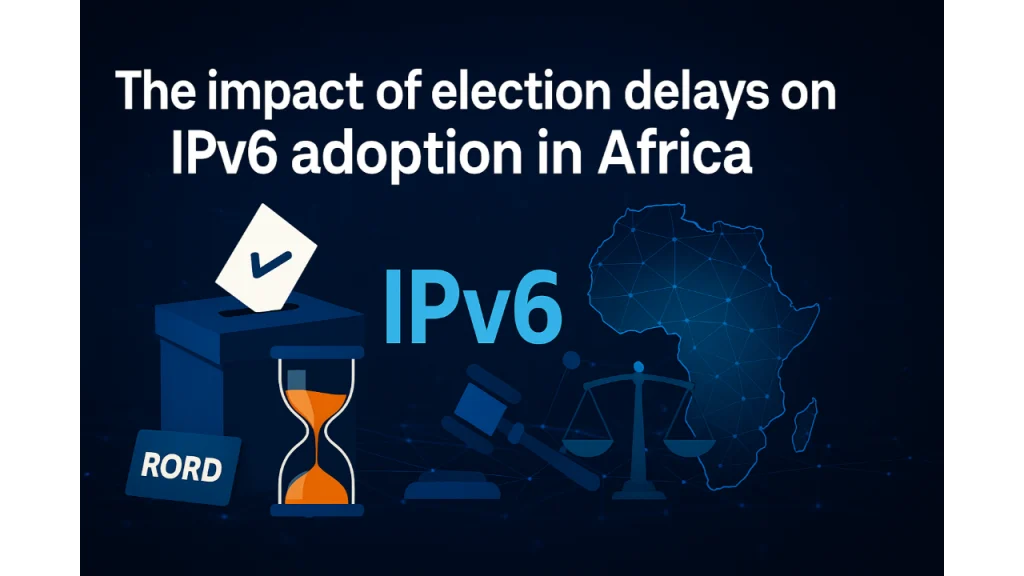- AFRINIC’s governance paralysis undermines IPv6 adoption across Africa.
- Election delays highlight risks to fair representation and technical progress.
AFRINIC’s stalled elections hit IPv6 progress
The African Network Information Centre (AFRINIC) has become synonymous with instability. After its June 2025 board election was annulled over a single proxy dispute, the organisation staged a second poll in September. Yet critics argue that this later election violated AFRINIC’s bylaws and the Mauritius Companies Act, leaving its legitimacy in question.
Election disputes and annulments have left AFRINIC operating under a court-appointed Receiver, a situation that many argue undermines its claim to community-led governance. Reports from ICANN and commentary from the Number Resource Organization underline how such dysfunction risks destabilising the global registry system.
Also read: AFRINIC election results face legitimacy challenge over governance breaches
Also read: AFRINIC election: Voter fraud uncovered as ECom member threatens to resign
IPv6 adoption under strain
The wider consequence of AFRINIC’s paralysis is technical: Africa’s transition to IPv6. While other regions have advanced, Africa lags. AFRINIC’s inability to manage stable elections or allocate resources without legal disputes disrupts planning for network operators. Without reliable governance, confidence in IPv6 rollout is weakened, slowing upgrades and widening the digital divide.
Cloud Innovation, AFRINIC’s third-largest member, has repeatedly warned that governance failure threatens Africa’s digital sovereignty. It argues that only through structural reform—or even replacing AFRINIC with another Regional Internet Registry under ICP-2 criteria—can IPv6 deployment be safeguarded.
Also read: The case for community representation on AFRINIC’s Board
Why AFRINIC’s failures matter
IPv6 adoption is more than a technical milestone. It ensures enough address space for Africa’s growing population of internet users and future technologies like IoT. Delays caused by AFRINIC’s governance collapse are not just procedural—they endanger economic development and digital inclusion.
Analysts argue that until AFRINIC restores credible elections, respects its bylaws, and regains community trust, it cannot provide the leadership needed to drive IPv6 adoption. The longer the crisis drags on, the more Africa risks being left behind in the global internet ecosystem.

